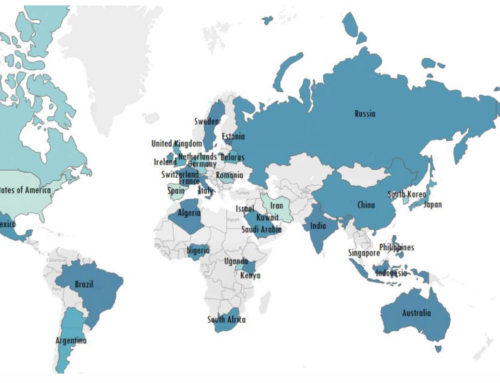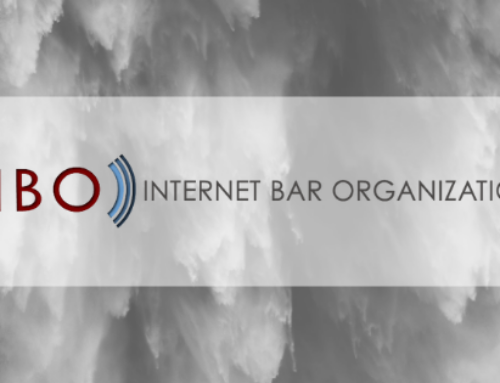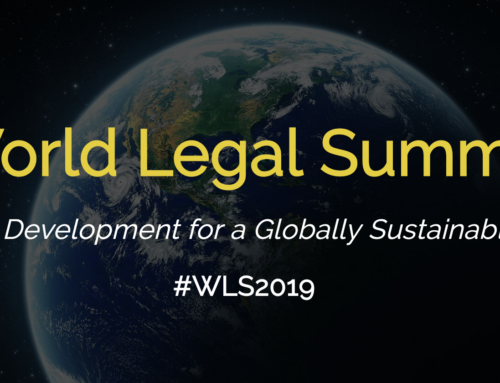While the internet has the ability to transcend borders in so many ways, people’s access to it is subject to their respective geographical and political boundaries, including the infrastructure that makes access possible. This fragmentation challenges the concept of an open, borderless internet, leading some to conclude such a thing is no more (or never really was).
It’s been a year since the US put an end to its net neutrality rules, but there’s still no consensus about whether it was good or bad for internet users, that is, if you ask lawmakers in the country. While the US Federal Communications Commission (FCC) reasons that lifting requirements on internet service providers to treat all data equally has allowed providers to invest in their infrastructure and expand access, others are skeptical of this claim.
Net neutrality regulation or lack thereof is just one way that internet access is affected, but other regulations, from censorship to copyright laws, also affect internet use on a country-by-country basis.
Internet Sans Frontieres (whose Gibran Freitas is an ambassador to the World Legal Summit) maintains otherwise: that a borderless internet is still possible and worth fighting for. ISF works to promote “the free flow of information and knowledge, to defend digital rights and freedoms and to fight against all forms of censorship on connected networks.”
But what does it mean for the internet to be ‘borderless’ by today’s standards, and do laws and regulations serve to protect the borderless nature of the internet, or does their very existence only build more fences?
Patchwork of Internet Policy
Domestic regulations are tasked with balancing outcomes among end users while supporting competition and innovation. Of course, each country’s balancing act will take on different forms.
According to a 2016 study, “the implementation of divergent domestic laws and regulation has indeed the potential to balkanise the global Internet creating separated national intranets and potentially conflicting cyberspaces.”
The authors of the study therefore call for the development of legal interoperability across jurisdictions to create “a better-functioning Internet ecosystem, in which new technologies can spur, and the free flow of information is not hindered by diverging national laws.”
Net Neutrality as Law or Guiding Principle?
Although there is considerable debate over its definition, net neutrality in the regulatory context generally refers to the requirement to treat all data equally on the internet. Net neutrality legislation, for example, might prohibit an ISP from throttling streaming rates for YouTube videos in favor of speeding up Netflix content (a recent study shows it’s been happening in the US since the repeal of net neutrality regulations).
French researcher Hervé Debar of the Networks and Telecommunications Services Department at the Université Paris-Saclay breaks down the conundrum as follows:
There is therefore an opposition between service providers (the pipes) and content providers (the services, the most emblematic being the Big 5 Tech companies: Google, Apple, Facebook, Amazon and Microsoft). To summarise, the service providers complain that the content providers are taking advantage of the pipes, and even clogging them, without contributing to the development of the infrastructure. To which they respond that the service providers are funded by subscriptions, while the content they provide free of charge offers the network its attractiveness. (Read the full translated article at The Conversation.)
While France continues to discuss the nuances of network neutrality, the EU has had a framework in place since 2015. Article 3 of EU Regulation 2015/2120 outlines the framework for ensuring net neutrality across Europe. However, several European countries have implemented their own legislation out of concern that the EU rules allow for too many loopholes.
Chile was a pioneer on this front, having passed the world’s first comprehensive network neutrality legislation in July 2010. In contrast to the EU framework, the Chilean law has been subject to criticism for being too strict—like when it prohibited free access to Wikipedia because the site’s zero-rating violated net neutrality.
More recently, India’s net neutrality recommendations were adopted in July 2018, prohibiting ISPs from engaging in “any form of discrimination, restriction or interference in the treatment of content, including practices like blocking, degrading, slowing down or granting preferential speeds or treatment to any content.”
Net Neutrality as an Open Internet Protocol
Net neutrality provides an interesting lens to view the way that domestic laws shape the openness of the internet. Yet, a number of academics and institutions view net neutrality not so much as a regulatory compliance issue but rather as a broader principle to maintain the openness of the internet, thereby ensuring access and preventing arbitrary discrimination of content or censorship. Remaining ‘neutral’ in such cases may take on a different meaning.
For example, there is some data that may be legitimately blocked, such as computer viruses or child abuse, as Pablo Bello and Juan Jung point out in their 2015 report. Bello and Jung emphasize the importance of transparency in this kind of decision-making, and that “it is not about discrimination itself, but if that discrimination is justified or not (non-arbitrary discrimination), and its eventual impact in the market.”
Transparency then seems to be the guiding principle from this perspective. However, not everyone is sold on the extent to which transparency can ensure neutrality.
A 2012 report by Francesca Musiani, Valérie Schafer and Hervé Le Crosnier examines net neutrality in light of internet governance, stating:
The replacement of “neutrality” with “transparency” has been considered—but civil society groups, and even the European regulator itself, believe that the control of network activities, so as to enforce such transparency model, is nearly impossible.
Despite its skepticism, the Body of European Regulators for Electronic Communications requires that ISPs provide a certain level of transparency into their internet speeds. (However, a recent report shows a consistent disregard for this requirement.)
It would seem that transparency is at least one element in the net neutrality debate, whether it’s a debate over principle or policy. That said, ensuring that countries and companies sign on to this level of transparency remains a challenge.
This series looks at the laws and regulations around the world that affect different dimensions of the open internet.
This series is authored by Cara Sabatini, a World Legal Summit researcher and journalist.





